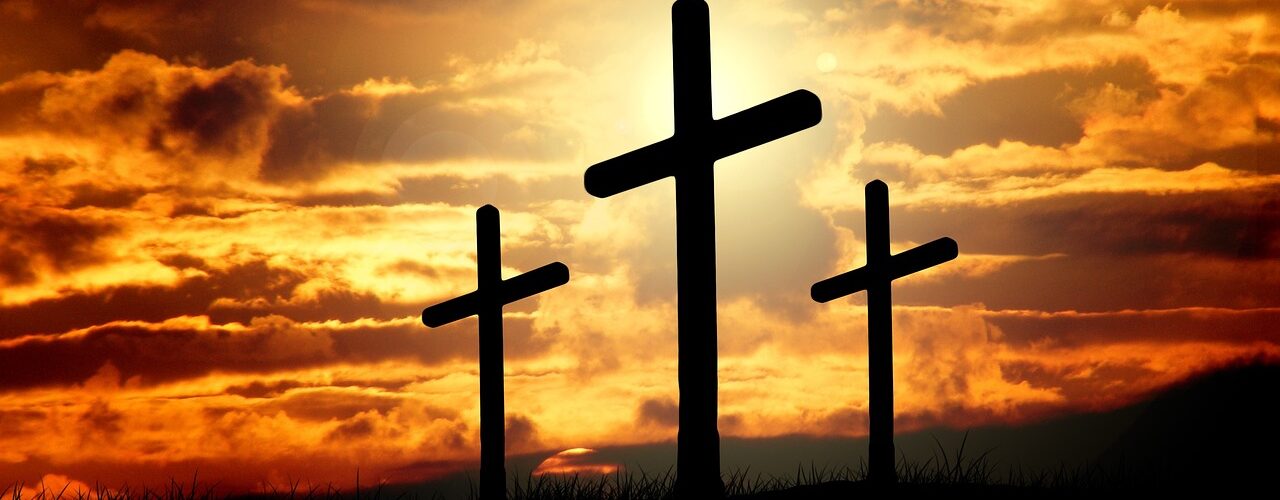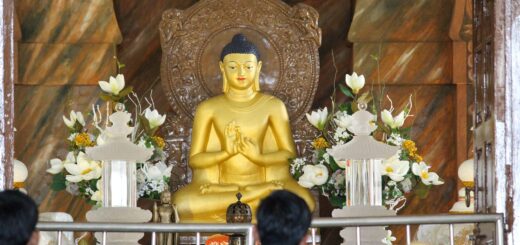Difference Between Orthodox Easter & Easter


Easter and Orthodox Easter, also known as Pascha, share the celebration of Jesus Christ’s resurrection but are observed on different dates due to variations in the calendar systems.
Easter, observed by Western Christian traditions like Roman Catholicism and Protestantism, follows the Gregorian calendar. It typically falls between March 22 and April 25.
On the other hand, Orthodox Easter adheres to the Julian calendar, which is about two weeks behind the Gregorian calendar. As a result, Orthodox Easter usually occurs later than Easter observed by Western Christians.
Both Easter celebrations include similar religious practices and rituals, but the discrepancy in dates arises from the different calendar calculations used by these Christian traditions.
Origins of Easter’s
As recounted in the New Testament of the Bible, Jesus Christ was crucified by the Romans approximately around 30 A.D. He was placed in a tomb outside Jerusalem after his death on a Friday. According to biblical accounts, on the third day, which was Sunday, Jesus was found to have risen from the dead, as detailed in the scriptures such as Matthew 28:1–10. This event is central to the Christian belief in the resurrection of Jesus Christ.
Orthodox Easter and Easter Are on Different Days
Orthodox Christians, who view the church and faith as interconnected, adhere to the Julian calendar for the observance of Easter Sunday. The Julian calendar, instituted by Julius Caesar in 45 B.C., is based on the solar cycle—the Earth’s orbit around the sun.
Orthodox Easter typically falls between April 4 and May 8, following the first full moon following Passover. It consistently occurs after the Jewish celebration of Passover, aligning with the belief in the New Testament that the crucifixion and resurrection of Christ happened subsequent to his arrival in Jerusalem to commemorate Passover. In 2022, Orthodox Easter was observed on April 24.
In 1582, Pope Gregory XIII introduced the Gregorian calendar to address discrepancies in the Julian Calendar. The new calendar included leap years to rectify an 11-minute error, preventing the misalignment of seasons with the calendar and subsequently affecting the positioning of Easter in relation to the spring equinox. Under the Gregorian calendar, Easter is designated to occur on the first Sunday after the full moon following the spring equinox. In 2022, Easter was celebrated on April 17 according to this calendar.
While much of the world adopted the Gregorian calendar, Orthodox churches, notably in regions like Greece, Cyprus, Russia, Romania, Bulgaria, and others, continue to observe Easter based on the Julian calendar. This distinction in calendars results in Orthodox Easter typically falling on a different date than Easter observed by other Christian denominations.








